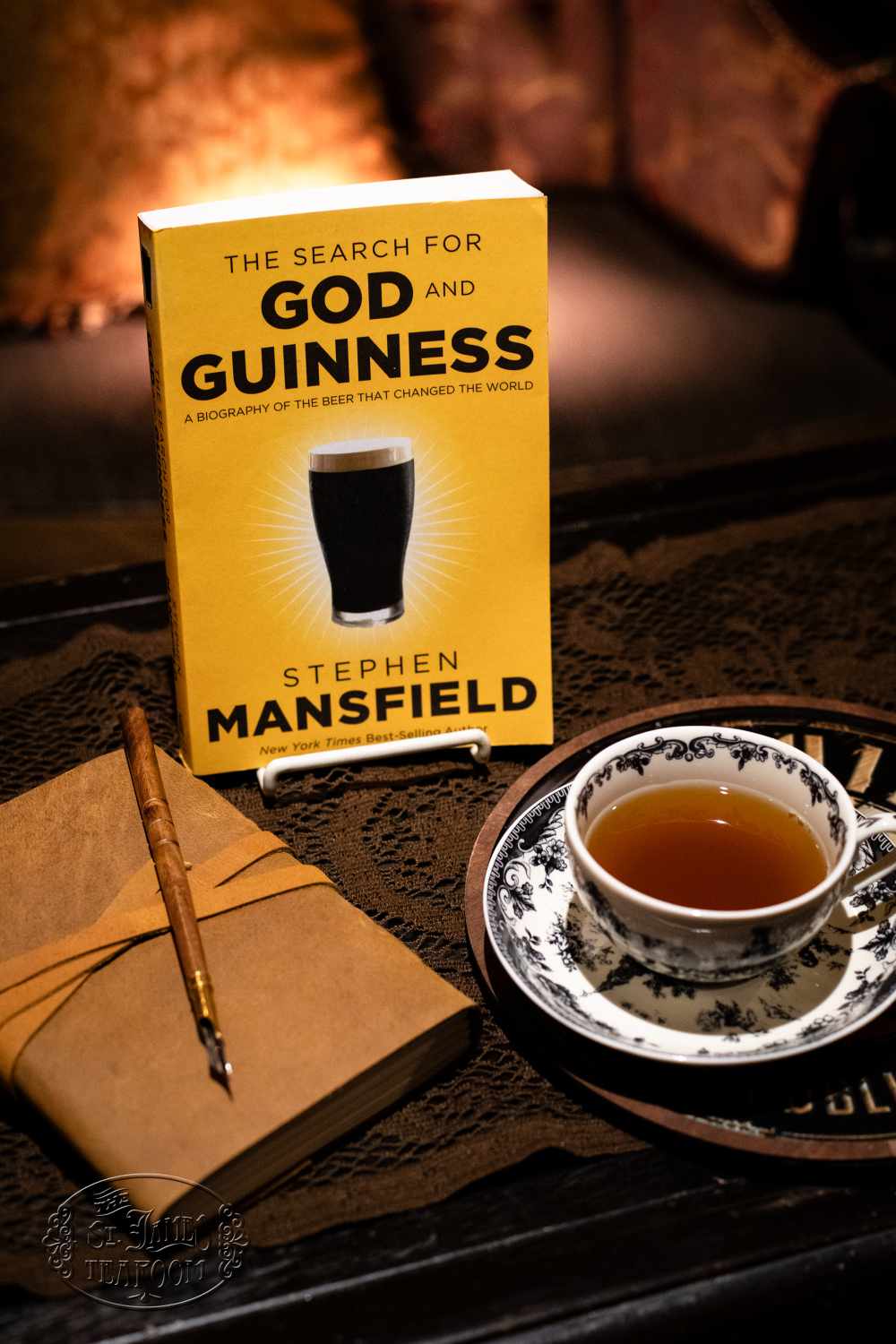
Legacy of Generosity: Arthur Guinness
This month, we honor Arthur Guinness, the brewer. Yes, the eighteenth century brewer whose beer is still beloved today! “But why?” you might wonder. Did you know he used his business as a means to eliminate poverty and suffering in his community? Did you know his legacy continues to do so more than two centuries later? His brewery even played a part in the temperance movement in Ireland!
In the mid-1700s of Guinness’ day, Dublin had the highest rate of death and disease in all of Europe. Poverty was incalculable. Slums were filthy, dangerous places, filled with disease and hopelessness. Cheap gin had replaced undrinkable water, and alcoholism was devastating the entire country. There was deadly religious strife between Protestant and Catholic. Dublin, in Arthur’s day, was a city of squalor and human degradation. Often, foreign ports would not allow Irish to disembark for fear of disease and pestilence.
Arthur Guinness had a passion for his suffering neighbors. In his own words, his Passion and his Purpose was “to seek out ways to serve his fellow man, and to mend what the harshness of life had torn.”

Guinness’ skill as a brewer was the vehicle that would allow him to achieve this. In time, the Guinness brewery built modern, sturdy homes (still in demand today by the affluent in Dublin), hired doctors, built athletic fields, and sponsored trips. The business taught classes for both workers and their families on basic financial management, nutrition, sanitation, childhood development, physical fitness, and first aid.
As the brewery grew, Guinness built city parks, funded the refurbishing of churches (both Protestant and Catholic), established a trust to help the poor (which is still in operation today), supported Trinity College, and much more. Guinness cared about his fellow man; he saw the harshness of life for so many, and he lavishly used what he had to serve and to heal.
As an example, one of the Guinness heirs, Rupert, was given a lavish wedding gift of £5 million (over $187 million in our day). Instead of setting himself up in fashionable surroundings, he and his beautiful wife, Lady Gwendolyn, immediately moved into the slums. They became lifelong advocates of the poor and the downtrodden, especially children. Eventually, Rupert became a member of the House of Lords and his wife, incredibly, stood for Parliament in the House of Commons and became one of the first female members of Parliament in British history. They championed the cause of the poor and were probably the only MPs to have actually lived in slums.

I am not a beer drinker myself, but I am a business owner as Arthur Guinness was. It was his passion to “serve” and to “mend,” which I so admire: using one’s excellence and skill to build a culture of care, with purpose beyond oneself and one’s family, to the broader community, investing resources for the benefit of one’s fellows. Brewing beer was merely the vehicle Guinness had available that enabled him to do what his heart told him to do. This, I believe, is the role business—excellent business—is meant to take.
Cheers to Arthur Guinness and his company! We so admire an enterprise which will use its excellence and skill to build a culture of care, reaching out to the broader community and investing its resources for the benefit of its fellows.
Yours for the return of Grace, Civility, Beauty, Gentility, and Excellence,
Mary Alice

P.S. If you are interested at all in the Guinness history and legacy, read the excellent book, The Search for God and Guinness, by Stephen Mansfield, available in our Market and elsewhere.
P.P.S. After 250 years, the Guinness Brewery has now passed out of the hands of the Guinness family, but its influence continues. If you are interested, you can look up two of the trusts the Guinness family set up which are still actively making a difference to this day: The Guinness Partnership and The Iveagh Trust. Pretty amazing.






